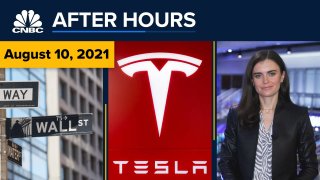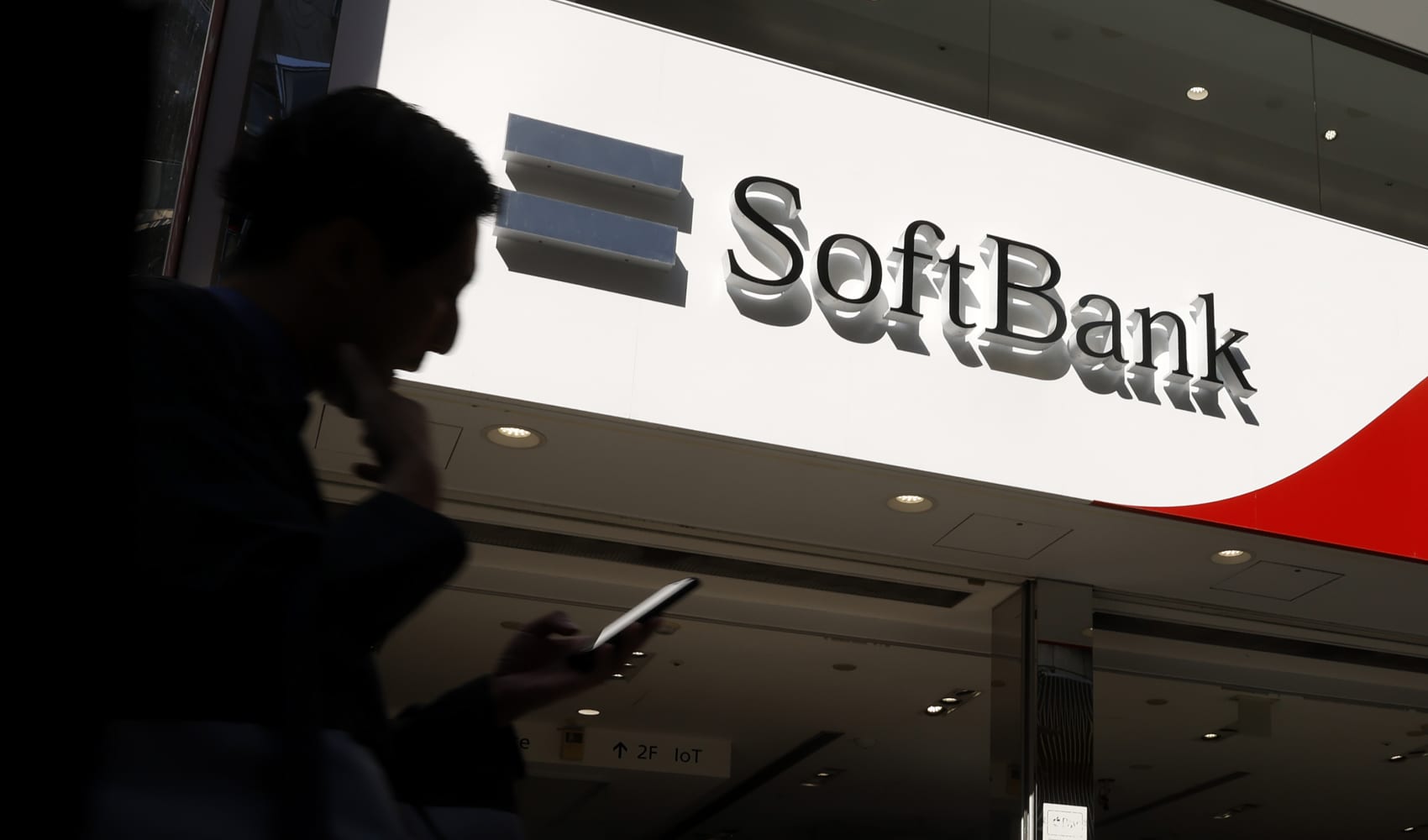
CNBC.com's Pippa Stevens brings you the day's top business news headlines. On today's show, CNBC.com markets reporter Yun Li explains the surge in lawsuits involving SPACs. Plus, the U.S. Senate passes the long-awaited infrastructure bill.
SPAC lawsuits jump in another sign of suspect deal-making for the once red-hot space
SPACs are getting hit by a rising number of class-action lawsuits as more hyped-up deals turn out to be flops.
Shareholder lawsuits against post-merger special purpose acquisition companies rose to 15 through the first half of 2021, tripling from just five in all of 2020, according to data from Woodruff Sawyer. The jump came even as overall securities cases fell 13% this year, according to the data.
We're making it easier for you to find stories that matter with our new newsletter — The 4Front. Sign up here and get news that is important for you to your inbox.
"That's a lot of litigations for one section of the capital markets in a short period of time," said Priya Huskins, partner at Woodruff Sawyer. "SPACs have been marketed as a way to go public faster and easier compared to a traditional IPO, but that might tend to attract companies that are perhaps not ready for public company scrutiny. It is certainly the case the plaintiffs are trying to prove."
Tesla sold 32,968 China-made vehicles in July, local sales plunged month over month
U.S. electric vehicle maker Tesla Inc sold 32,968 China-made vehicles in July, including 24,347 for export, the China Passenger Car Association (CPCA) said on Tuesday.
Money Report
Local sales of China-made vehicles plunged 69% to 8,621 cars from 28,138 in June. Tesla's sales in the first month of each quarter are usually lower than the following two months.
The company, which makes Model 3 sedans and Model Y sport-utility vehicles in Shanghai, sold 33,155 China-made vehicles in June.
Last month, Tesla introduced a cheaper version of the Model Y in China, where it faces increased scrutiny from both regulators and the public and growing competition from local rivals. It also lowered the starting price for Model 3 sedans.
Here’s what’s next for the $1 trillion bipartisan infrastructure bill
The Senate on Tuesday passed a $1 trillion infrastructure package, sending the provision to improve the nation's roads, bridges and broadband to the House for approval.
But progressive Democrats in the House, eager to make good on campaign promises ahead of the 2022 midterms, could pose a new set of hurdles to the bipartisan infrastructure plan.
Progressives aren't expected to make dramatic changes to the infrastructure bill, but they insist that the Senate first pass a separate $3.5 trillion bill focused on poverty, climate change and health care.
The House is expected back from its recess Sept. 20.
The infrastructure proposal is the product of months of haggling between Republicans and Democrats and includes more than $500 billion above projected federal spending on upgrading the country's transportation systems.






